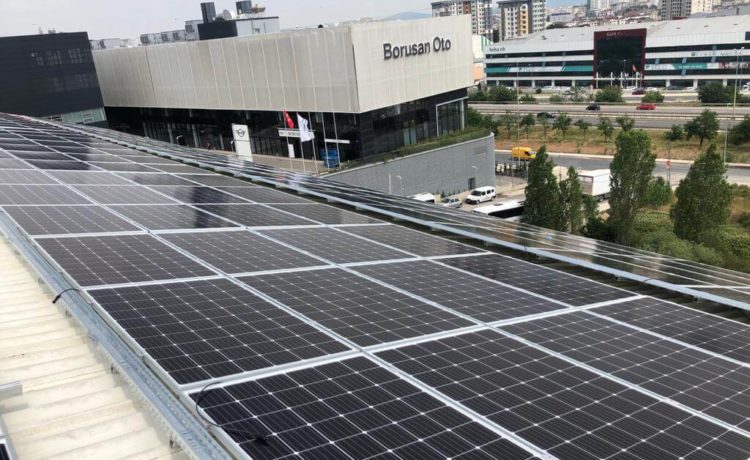
The level of development of countries is directly proportional to their energy consumption. Countries whose industry is constantly developing have to find different sources than they have used so far to meet their energy needs. The use of renewable energy resources has become mandatory as a result of the increasing cost of fossil fuels, the necessity of making Turkey dependent on foreign sources in terms of energy policy, and environmental pollution as a result of the use of fossil resources. Turkey has a high solar energy potential due to its geographical location. Today, solar energy is widely used within the scope of renewable energy.
Solar panel electricity systems, also known as solar photovoltaics (PV), capture the sun’s energy using photovoltaic cells. These cells don’t need direct sunlight to work – they can still generate some electricity on a cloudy day. The cells convert the sunlight into electricity, which can be used to run household appliances and lighting.
Power is generated in DC (same as battery power) and converted to AC which can be used around your home or building, the inverter does the conversion.
The panels are connected in strings which link a series of panels together, these are then fed back to the central inverter which converts the current to AC. The AC supply is connected to your consumer unit or fuse board, any demand on the board from appliances and lighting will automatically be fed from the PV system, if your demand is greater than the supply from the panels the mains supply will make up the difference. If you are generating more than you are using the surplus electricity is fed back into the grid. All this happens completely automatically.
.
